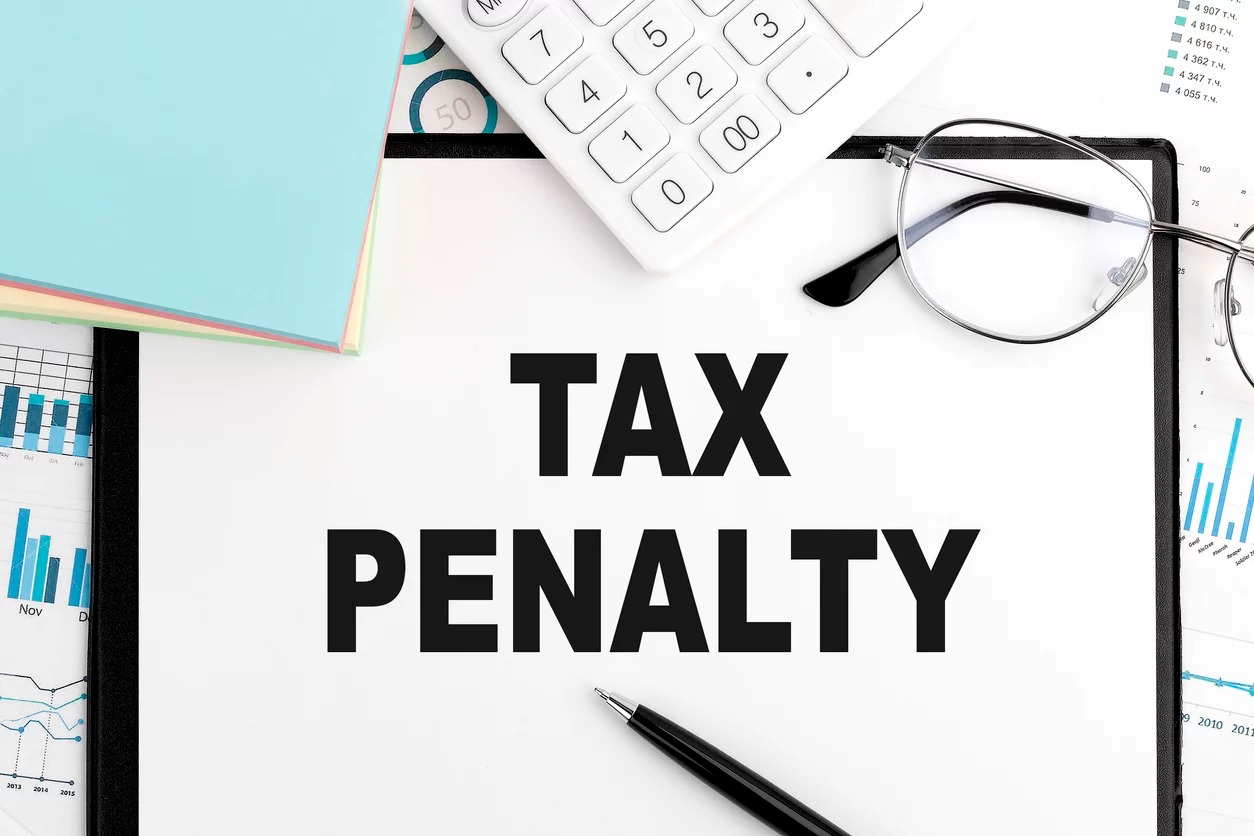

Finance
Civil Commotion Definition
Published: October 27, 2023
Learn the meaning of civil commotion in finance and how it can impact your investments. Discover the definition and its implications.
(Many of the links in this article redirect to a specific reviewed product. Your purchase of these products through affiliate links helps to generate commission for LiveWell, at no extra cost. Learn more)
Understanding Civil Commotion Definition in Finance: What You Need to Know
Welcome to our finance category! In this blog post, we will be shedding light on an important concept in the world of finance: civil commotion. If you’ve ever wondered what civil commotion is and how it impacts the financial landscape, you’ve come to the right place. We will define civil commotion, examine its potential effects on the economy, and provide some essential insights to help you navigate this complex subject.
Key Takeaways:
- Civil commotion refers to a scenario where a group of people engage in violent unrest or public disturbances, often arising from social or political causes.
- Financial markets are sensitive to civil commotion, as it can lead to increased volatility, decreased investor confidence, and disruptions to the normal functioning of businesses.
Defining Civil Commotion
So, what exactly is civil commotion? Civil commotion, from a legal standpoint, refers to a situation where a group of people engages in violent unrest or public disturbances. These disturbances can be sparked by a variety of social or political causes, such as protests, riots, or acts of civil disobedience. Civil commotion can range from peaceful protests to more violent and destructive acts.
In the realm of finance, civil commotion brings a unique set of challenges and risks. Financial markets and institutions are inherently sensitive to instability, and civil commotion can significantly impact the economy. The repercussions can affect individuals, businesses, and even governments.
The Impact of Civil Commotion on the Economy
Civil commotion can have several ripple effects on the economy. Understanding these potential impacts is crucial for both individual investors and financial institutions. Here are some key points to consider:
- Market Volatility: Civil commotion often leads to increased market volatility, as investors become uncertain and risk-averse. The fear of potential disruptions can cause stock markets to plummet, currencies to fluctuate, and commodity prices to soar. It’s essential to keep an eye on market trends during times of civil commotion to make informed investment decisions.
- Decreased Investor Confidence: Civil commotion erodes investor confidence, making them hesitant to invest in stocks, bonds, or other financial instruments. This lack of confidence can hinder economic growth and stifle business expansion. Investors may prefer safer assets such as gold or government bonds during volatile periods.
- Business Disruptions: Civil commotion can disrupt the normal functioning of businesses, especially in regions directly affected by the disturbances. Industries such as retail, tourism, and transportation may suffer due to reduced consumer spending and disruptions to supply chains. Companies must mitigate the risks associated with civil commotion and have contingency plans in place.
Final Thoughts
Civil commotion is an important concept to understand within the realm of finance. As investors and individuals, it’s crucial to stay informed about global events and their potential impact on the economy. While civil commotion poses risks, it’s important to remember that opportunities can arise amidst uncertainty. By staying vigilant and informed, you can make better financial decisions and navigate the ever-changing financial landscape.
We hope this blog post has provided a comprehensive introduction to civil commotion and its impact on the economy. Remember to stay tuned to our finance category for more educational content and insightful articles to help you navigate the world of finance with confidence.














